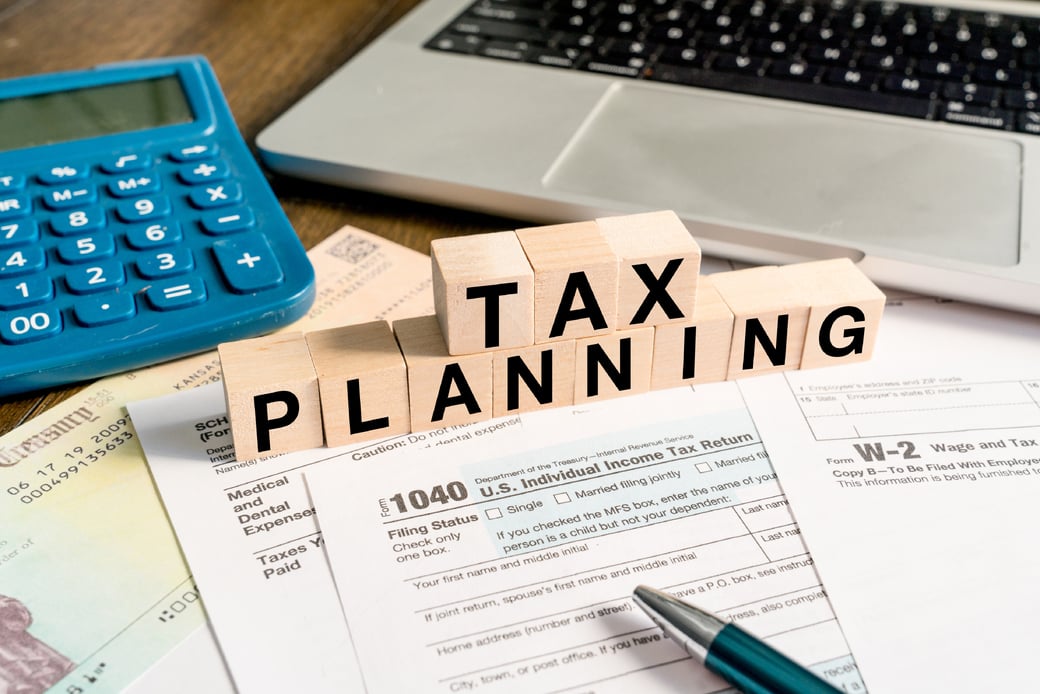Tax credits reduce tax liability dollar-for-dollar. As a result, they can be more valuable than deductions, which reduce only the amount of income subject to tax. One tax credit that hasn’t been getting much attention lately, but that can still be valuable for some small businesses, is the credit for providing health insurance to employees.
Lesley L. Price, CPA
Recent Posts
Some Small Businesses Can Still Benefit From the Health Care Coverage Credit

Posted by Lesley L. Price, CPA on Feb 16, 2026
Posted in Business Tax
How Activity-Based Costing Can Improve Business Performance

Posted by Lesley L. Price, CPA on Jan 08, 2026
Posted in Business Advisory
Posted in Individual Tax
Year-round tax planning generally produces the best results, but there are some steps you can still take in December to lower your 2025 taxes. Here are six to consider:
Posted in Business Tax
Businesses face unprecedented complexity as legislative changes, shifting economic conditions, and technological advancements reshape the tax landscape for organizations of all sizes. The One Big Beautiful Bill Act (OBBBA) brings both new opportunities and risks, making proactive planning and compliance essential.
Posted in Business Advisory, Business Tax
Year-End Budgeting: Where to Look for Cost-Saving Opportunities

Posted by Lesley L. Price, CPA on Oct 13, 2025
As 2025 winds down, business owners and managers are ramping up their planning efforts for the new year. Part of the annual budgeting process is identifying ways to lower expenses and strengthen cash flow. When cutting costs, think beyond the obvious, such as wages, benefits, and employee headcount. These cutbacks can make it harder to attract and retain skilled workers in today’s challenging labor market, potentially compromising work quality and productivity. Here are three creative ideas to help boost your company’s bottom line — without sacrificing its top line.
Posted in Business Advisory
Evaluating Business Decisions Using Breakeven Analysis

Posted by Lesley L. Price, CPA on Sep 10, 2025
You shouldn’t rely on gut instinct when making major business decisions, such as launching a new product line, investing in new equipment, or changing your pricing structure. Projecting the financial implications of your decision (or among competing alternatives) can help you determine the right course of action — and potentially persuade investors or lenders to finance your plans. One intuitive tool to consider for these applications is breakeven analysis.
Posted in Business Advisory
How Do Businesses Report Cloud Computing Implementation Costs?

Posted by Lesley L. Price, CPA on Aug 29, 2025
Today, many organizations rely on cloud-based tools to store and manage data. However, the costs to set up cloud computing services can be significant, and many business owners are unsure whether the implementation costs must be immediately expensed or capitalized. Changes made in recent years provide some much-needed clarity to the rules.
Posted in Business Tax
The QBI Deduction and What's New in the One, Big, Beautiful Bill Act

Posted by Lesley L. Price, CPA on Aug 07, 2025
The qualified business income (QBI) deduction, which became effective in 2018, is a significant tax benefit for many business owners. It allows eligible taxpayers to deduct up to 20% of QBI, not to exceed 20% of taxable income. It can also be claimed for up to 20% of income from qualified real estate investment trust dividends.
Posted in Business Advisory, Business Tax
The New Law Includes Favorable Changes for Depreciating Eligible Assets

Posted by Lesley L. Price, CPA on Jul 23, 2025
The One Big Beautiful Bill Act (OBBBA) includes a number of beneficial changes that will help small business taxpayers.Perhaps thebiggest and best changes are liberalized rules for depreciating business assets. Here’s what you need to know.
Posted in Business Advisory, Business Tax

















